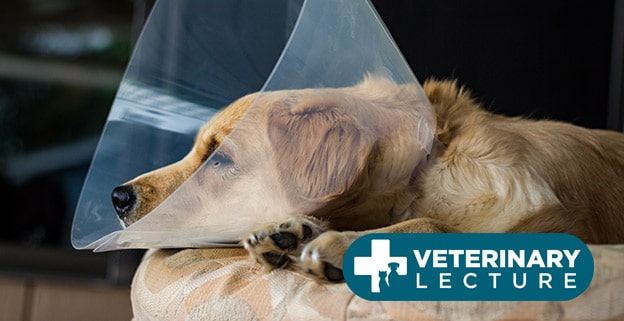Heads up!
You need a ‘Veterinarian’ Membership to Access This Content
Heads up! You need a Pro Membership to access this content. Click here to buy a Pro membership
Course Description
Practitioners are hearing more and more about the long-term health consequences of desexing dogs from journals, their clients, and of course, the internet. This lecture will summarize over 100 articles discussing the relationship between these conditions and gonad removal so that you can discuss with your clients which sterilization option is best for their pet.
Things to Learn
This two-part lecture will focus on the neoplastic consequences. Attendees will learn about several cancers that occur with higher incidence in desexed dogs. In addition, attendees will learn about some alternative complementary treatments for these cancers that may increase remission times.



